After the credits rolled on The History of Sound, the theater lights remained dark for a few more minutes. It was like the theater knew that we would all need extra time before showing our tear-streaked faces to the world. There wasn’t a dry eye in the theater, but there’s no doubt my sniffling was the loudest of all.
Directed by Oliver Hermanus, The History of Sound stars Paul Mescal (Normal People, All Of Us Strangers) and Josh O’Connor (Challengers, God’s Own Country). This film showcases masterful craft, with beautiful shots and exceptional narrative framing. It left me fulfilled, surprised, heartened, and devastated. In unpredictable movements, it takes us from Kentucky to England’s Lake District to Italy, delivering a thought-provoking story along the way.
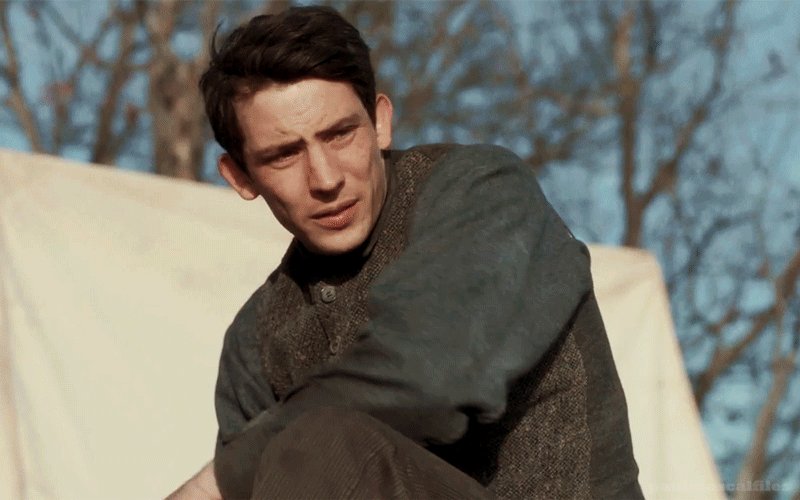
I prefer mysteries and thrillers, so movies that leave me feeling bereft don’t typically make the top of my list. That’s what I expected here; even so, the story of The History of Sound caught my attention. In 1917, two men meet and fall in love. After the war separates them, they reunite and embark on a trip to record folk songs. I went into the theater ready to leave moping and dragging my feet. Instead, I left a little bit mopey but mostly feeling inspired.
Not so Brokeback
At Cannes 2025, Paul Mescal called comparisons between The History of Sound and Brokeback Mountain “lazy and frustrating.” While I agree with him, I think it’s important to discuss why the two are dissimilar. Brokeback Mountain won Academy Awards and became a cultural moment. It was the first major blockbuster film that featured gay men. Though award-winning, it turned into “the gay cowboy movie“, frequently getting cast aside and stereotyped. Even then, nearly everyone knew what it was.
Reviewing the film in 2006, queer activist Alan Amato wrote, “[Brokeback Mountain] is about a love that could have been. I would have wanted it to be about a love that should have been.” Amato passed away in 2020, but I think he would’ve enjoyed knowing the movie he wanted to see was made – it’s The History of Sound. And it goes beyond that – this film wasn’t just “should have been”; it’s “should have been for longer.”
While Brokeback focuses on obstacles facing gay men in a high-altitude situationship, The History of Sound takes the opposite approach. Set mostly between 1917-1923, the film avoids references to homophobia and doesn’t linger on characters suffering because they’re queer.
In Brokeback, Ennis places the blame on the other man: “it’s because of you, Jack, that I’m like this.” In The History of Sound, David treats Lionel gently and with respect: “Do you ever worry about this? What we’re doing?” “No, I don’t worry.”
This film doesn’t make queer audiences feel queer pain for the sake of feeling it. Its wistful narrative can be summed up in this quote of Lionel’s:
“What happens to all the sound released into the world that is never captured?”
This question also refers to love that goes unfulfilled and futures that don’t come to pass. Some things are life-changing even if brief, and people can change our lives in a heartbeat.
Camaraderie in The History of Sound‘s folk music
While capturing music using the first-ever recording method – phonograph cylinders – we see the pair document their time together. Watching Lionel learn this obsolete technology while falling in love with a man is unique in that it combines two things that just are. There is no moral attachment to either of these experiences. Falling in love is universal, regardless of gender or time period.
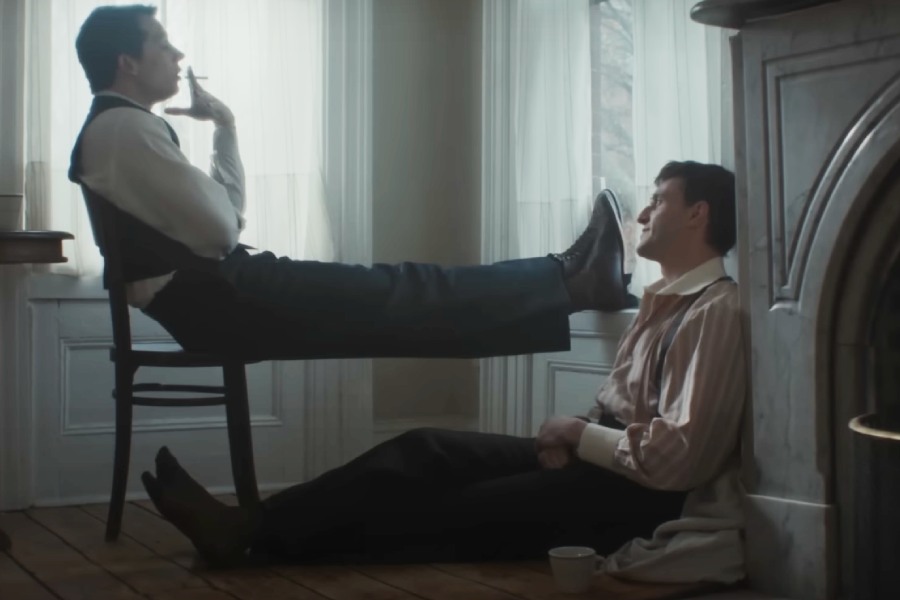
The focus on folk songs passed down through generations also shows that people from all walks of life – farmers, former slaves, and poor immigrants – are figuring out life as they go. While The History of Sound portrays queer love as tender, it also does justice to hardworking people in the countryside. Often, queer, rural narratives portray an us-versus-them mentality. This can reflect the struggles of rural queer people, but that’s not all there is to it. That’s why The History of Sound is such a breath of fresh air. The focus is not homophobia but things we can all experience; PTSD, living off the land, and expressing loss through song. It explores heartbreak while celebrating the love that was.
These characters lead us on a journey full of surprises, whimsy, and heartstopping beats. It features shots straight out of paintings and a soundtrack that stays with you long past the credits rolling. Paul Mescal singing the downcast “Silver Dagger” with sorrowful eyes that immerse us in Lionel’s emotional turmoil is a lethal recipe – one that should surely continue gathering award nominations.
With the constant churning of new media, stories that inspire and make you feel things can seem rare. The quietly powerful The History of Sound is one of those gems that is based in romance, not devastation. With a widening array of queer stories to choose from today, it’s a pleasure to be haunted by this one.
Check out:
A Book That Changed Me: “This Is How You Lose The Time War”
And Just Like That: A Look Back at Sex in the City and its Reboot

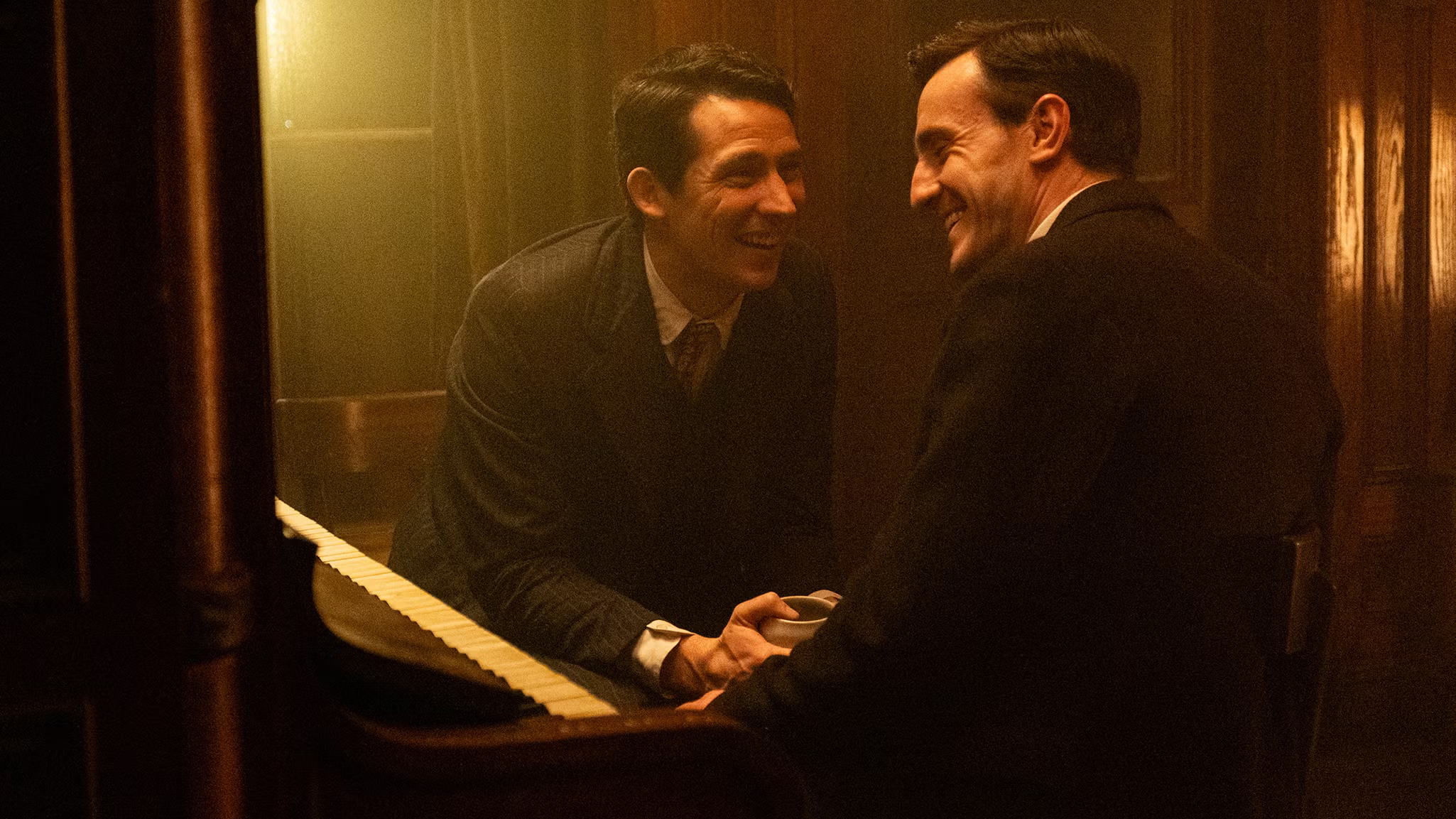




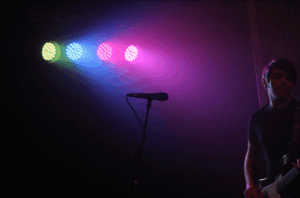



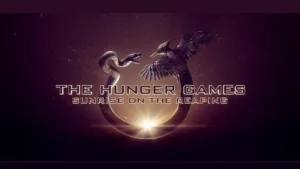

Be First to Comment